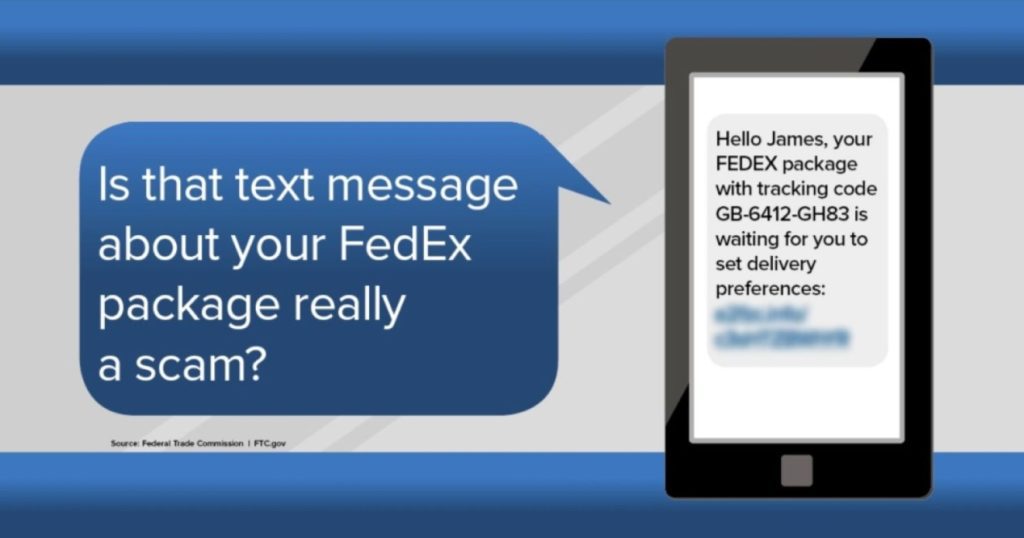
Online Safety Tips for Remote Learning

Due to COVID-19, kids and adults are online more than ever, often unsupervised in the same space.
Parents should stay involved in their digital world, know the apps they use, use parental controls where possible, and block and report people who make them feel uncomfortable.
Kids should talk with a trusted adult so they understand online risks, only chat with people they know, ensure their online accounts are private, block people they don’t know or trust, and trust their instinct—if something makes them feel uncomfortable, tell a trusted adult about it.
Kids and parents should stay alert—people aren’t always who they seem in online environments where identity is easy to fake.
TIPS TO HELP PROTECT CHILDREN
Due to school closings and stay-at-home orders resulting from the COVID-19 pandemic, children’s increased online presence may put them at greater risk of child exploitation. Parents, guardians, caregivers, and teachers can take the following measures to help protect children from becoming victims of online child predators:
• Discuss internet safety and develop an online safety plan with children before they engage in online activity. Establish clear guidelines, teach children to spot red flags, and encourage children to have open communication with you.
• Supervise young children’s use of the internet, including periodically checking their profiles and posts. Keep electronic devices in open, common areas of the home and consider setting time limits for their use.
• Review games, apps, and social media sites before they are downloaded or used by children. Pay particular attention to apps and sites that feature end-to-end encryption, direct messaging, video chats, file uploads, and user anonymity, which are frequently relied upon by online child predators.
• Adjust privacy settings and use parental controls for online games, apps, social medial sites, and electronic devices.
• Tell children to avoid sharing personal information, photos, and videos online in public forums or with people they do not know in real life. Explain to your children that images posted online will be permanently on the internet.
• Teach children about body safety and boundaries, including the importance of saying ‘no’ to inappropriate requests both in the physical world and the virtual world.
• Be alert to potential signs of abuse, including changes in children’s use of electronic devices, attempts to conceal online activity, withdrawn behavior, angry outbursts, anxiety, and depression.
• Encourage children to tell a parent, guardian, or other trusted adult if anyone asks them to engage in sexual activity or other inappropriate behavior.
• Immediately report suspected online enticement or sexual exploitation of a child by calling 911, contacting the FBI at tips.fbi.gov, or filing a report with the National Center for Missing & Exploited Children (NCMEC) at 1-800-843-5678 or report.cybertip.org.




